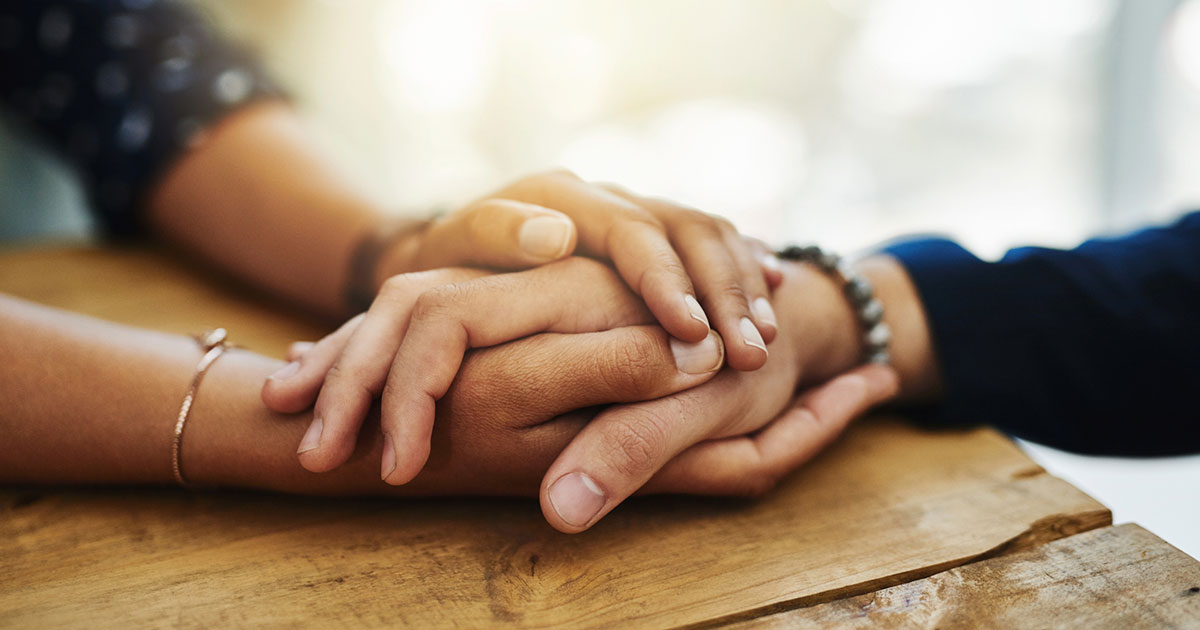Forgiveness
Unforgiveness is a sin that keeps our hearts in bondage and prevents us from being fully available to give and receive love. Learning to forgive is foundational in our healing process. Unfortunately, many are carrying anger and resentment in their hearts towards themselves, others, and/or God where forgiveness needs to be applied. This lesson will give you a better understanding of what forgiveness is and help you take the steps towards setting your heart free. To complete this lesson read the material in the white block, print and review the handouts, watch the video teachings, listen to the podcast, and answer the questions below for discussion in your next counseling session.
